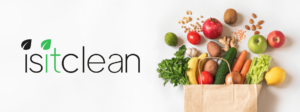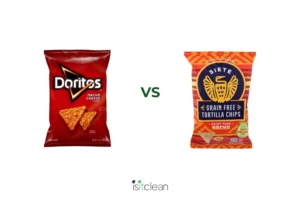
Acesulfame potassium is a zero-calorie sweetener that is added to many sugar-free…



Riboflavin, also known as vitamin B2, is an essential nutrient for human health, playing a key role in energy production and the metabolism of fats, drugs, and steroids. It is a water-soluble vitamin that is not stored in the body, so it needs to be replenished regularly through dietary sources. Riboflavin is naturally found in foods such as dairy products, eggs, green leafy vegetables, and lean meats. As a food additive, riboflavin is commonly produced through fermentation with genetically modified bacteria. This synthetic riboflavin is commonly used to fortify various foods to enhance their nutritional value.

Synthetic riboflavin appears to be absorbed in the body at a similar rate to naturally occurring riboflavin, however, natural B vitamins may have a stronger impact on metabolic parameters. Synthetic riboflavin is produced from a genetically modified strain of bacteria. Animal studies suggest no toxicological impact of synthetically fermented riboflavin, however, human studies are lacking.
Health is like a bank account, certain ingredients make a deposit into your health bank, meaning they add to
your health. Certain ingredients withdraw from your health bank. We want health promoting ingredients in our diet. To keep things simple, we rate ingredients on a green, yellow, red scale:

It is naturally occurring in food and has no harmful effects on the body. It is real food. It is health promoting.

It goes into one or more of the below categories

It is known to have a harmful effect on the body (ex. All food colorings, Natural Flavors, MSG, Potassium bromate, aspartame, artificial flavors)



The Food Showdown: Popcorners flavors
Ingredient Rating: Canola oil – is it bad for you?
Clean Consuming: Nourishment for your

We have accomplished so much in just 1 year since our launch in March of 2023! We now have 10,000

The Nacho Chip Food Showdown, is Tapioca Starch safe in food? and a must-see documentary on America’s food system.
Stay in the know with the latest ratings, articles, and our newsletter, The Dirt.